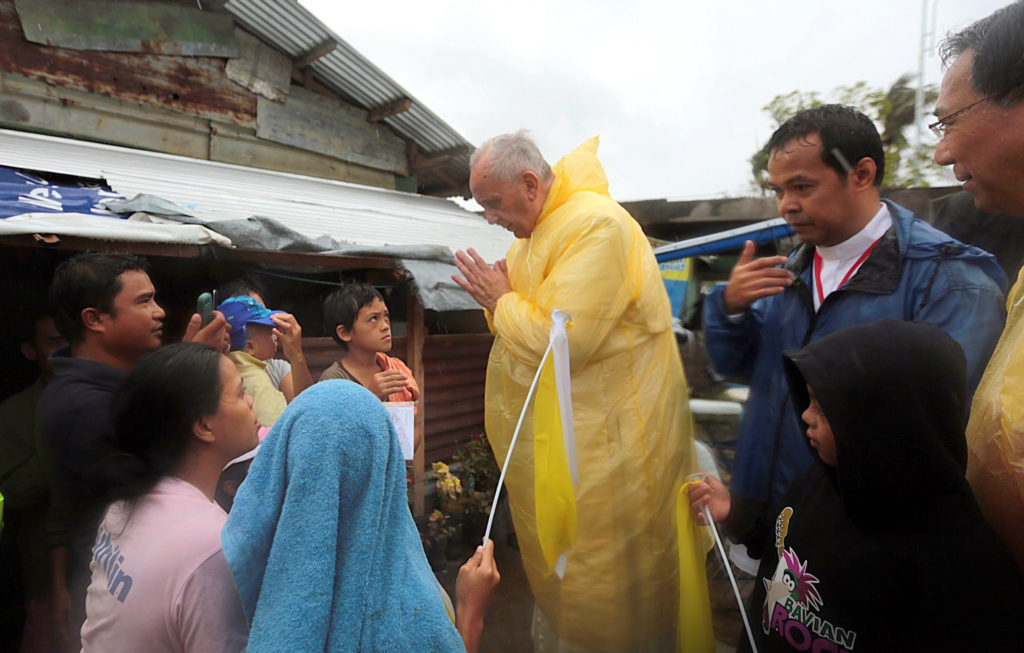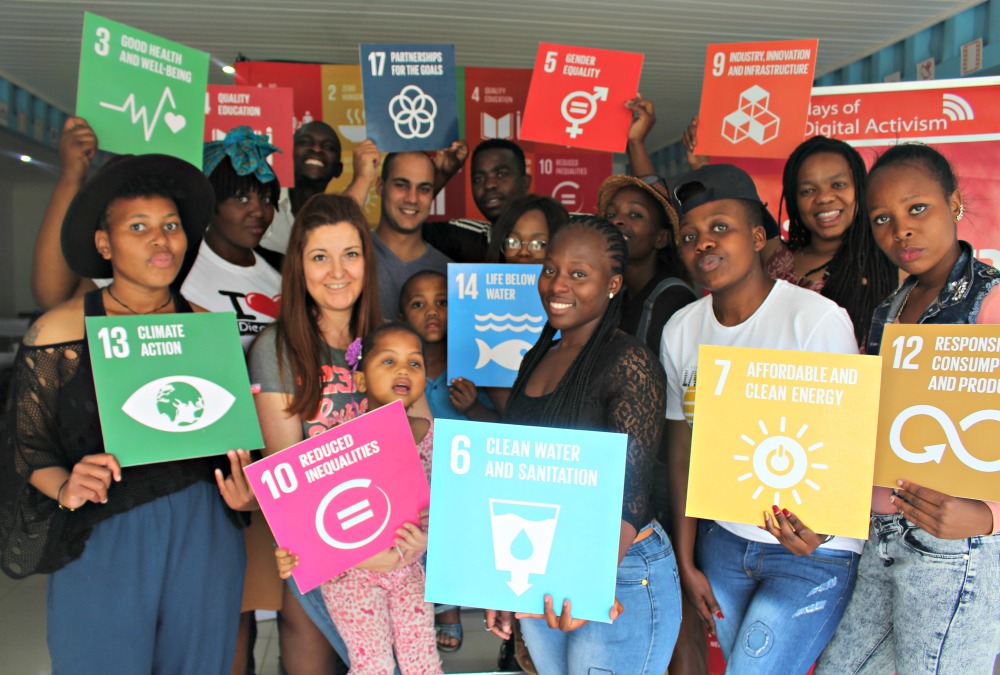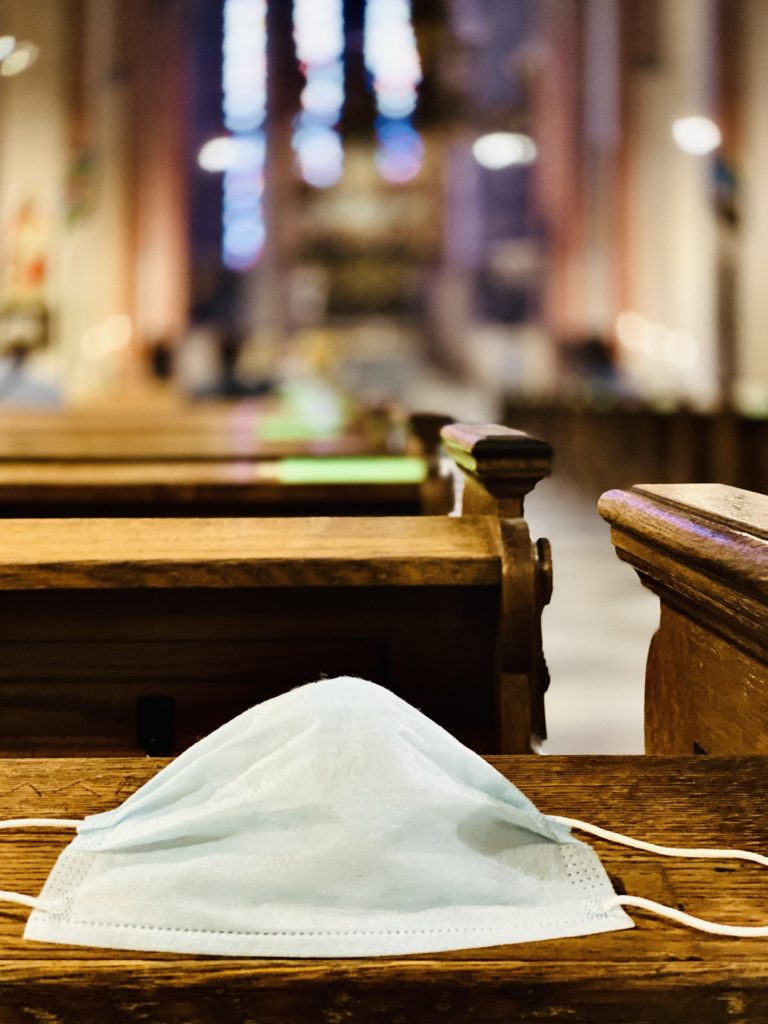REFLECTIONS • WORLD MISSION DAY

The Yeast Of Fraternal Love
The declining numbers of membership in the Church and the present challenges of the pandemic should be looked on as an opportunity for Christians to revive their missionary call and to offer a witness of joy and compassion
BY Fr Efrem Tresoldi MCCJ | JOhannesburg
SOME TIME ago, in preparation for the Synod of Bishops on Young People that took place in 2018, Pope Francis sent out a questionnaire to the Catholics of all the local churches around the world. In one of the questions, the youth were asked to say what they expect from the Church. In a number of countries in the Western World and particularly in Europe, many young people replied that they did not expect anything from the Church. Young people did not say that they were against the Church, they simply stated that they were not interested. The reality on the ground testifies to that: the youth coming to church on Sunday for the celebration of the Eucharist are a minority, whereas the majority of churchgoers are adult and elderly. Many young people come from Catholic families, whose parents raised them in the Faith. However, at some point on reaching adulthood or even during their teenage years they decided not to follow the teachings of their parents.
This is not only a problem in countries of the northern hemisphere, as one may think. Also in our country, we are facing a similar reality. It is said at times in a joking way that Confirmation is the ‘last sacrament’, indicating that many young boys and girls soon after receiving this sacrament stop coming to church.
Reasons for leaving
When we look at the reasons why this is happening, it cannot be denied that the materialistic view of life, the craving for goods in ever-increasing amounts, the pursuing of the enjoyment of one’s own life—a kind of a new religion—have taken prominence over the demands of the Gospel and the commitment of Faith.
Having said that, it would be mistaken and unfair to put the whole responsibility on the youth for abandoning the Faith and leaving the Church. In fact, we need to be honestly looking with a self-critical attitude, asking ourselves whether we as a Church are offering concrete and meaningful proposals, especially to the youth, involving their commitment for the good of others and for the wellbeing of society. Surely if our Church is seen as self-referential, mainly concerned, if not exclusively, with sacramental life and liturgical celebrations, this will not enthuse the youth and will fail to stir in them the desire to join us.

Undoubtedly, our Church is experiencing a time of crisis, clearly manifested in the breaking down of the transmission of Faith from one generation to the next, unlike what happened in the past when the children followed the example of their parents and kept the Faith. In the face of the dwindling numbers of people who are taking part in the life of the Church, one may be tempted to look at the past and long for the times when churches were full on Sundays.
BEING A MINORITY
Yet, Jesus’ teaching invites us to look at things in a different way, as reaffirmed by Pope Francis in his visit in 2019 to Morocco, a country that is almost entirely Muslim.
In his address to the tiny Christian community, he had this to say “…Jesus did not choose us and send us forth to become more numerous! He called us to a mission. He put us in the midst of society like a handful of yeast: the yeast of the Beatitudes and the fraternal love by which, as Christians, we can all join in making present his Kingdom.”
Jesus puts us in the midst of the society like a handful of yeast: the yeast of the Beatitudes and fraternal love
The experience of being a minority, of being numerically insignificant, does not pertain only to Christians who live in countries whose religion is predominantly Muslim or of a diverse religion. In a different manner and yet in a similar way, the same could be said of the experience that many institutes of consecrated women and men around the world are going through. Once they were flourishing with many vocations and with a strong presence in society, but now are diminishing in number and with no prospect for the future as there are no candidates, or very few, who are ready to join them.
Once again, Pope Francis shed some light on this question. Last August, in his message to women and men religious in Latin America and the Caribbean, he invited them “to renounce the criterion of numbers and efficiency, since otherwise it can turn the religious communities into fearful disciples, trapped in the past and suffering from nostalgia.” Instead, he urged them to offer a witness of joy to the holy people of God and be promoters of fraternity.
Nowadays, the world is facing a new and unprecedented challenge: the pandemic of Covid-19. The spreading of the disease is affecting all aspects of society, including Church life. People were not allowed to go to church during lockdown periods and even after, when the Covid restrictions were relaxed, many Catholics out of fear of being infected still decided not take part in Sunday’s celebration of the Eucharist. All of this resulted in a severe drop in church attendance, in a reduction of activities and not least, it is a cause of concern for the financial self-sustainment of parish communities.

In his message for World Mission Day 2021—entitled “We cannot but speak about what we have seen and heard” (Acts 4: 20), Pope Francis invites us to turn the difficulties of this time into “opportunities for mission”. “In these days of the pandemic,” the Pope heartens us in his message, “when there is a temptation to disguise and justify indifference and apathy in the name of healthy physical distancing, there is an urgent need for the mission of compassion, which can make that necessary distancing an opportunity for encounter, care and promotion. What we have seen and heard (Acts 4: 20), the mercy we have experienced, can thus become a point of reference and a source of credibility, enabling us to recover a shared passion for building ‘a community of belonging and solidarity worthy of our time, our energy and our resources’(Fratelli Tutti 36).”
